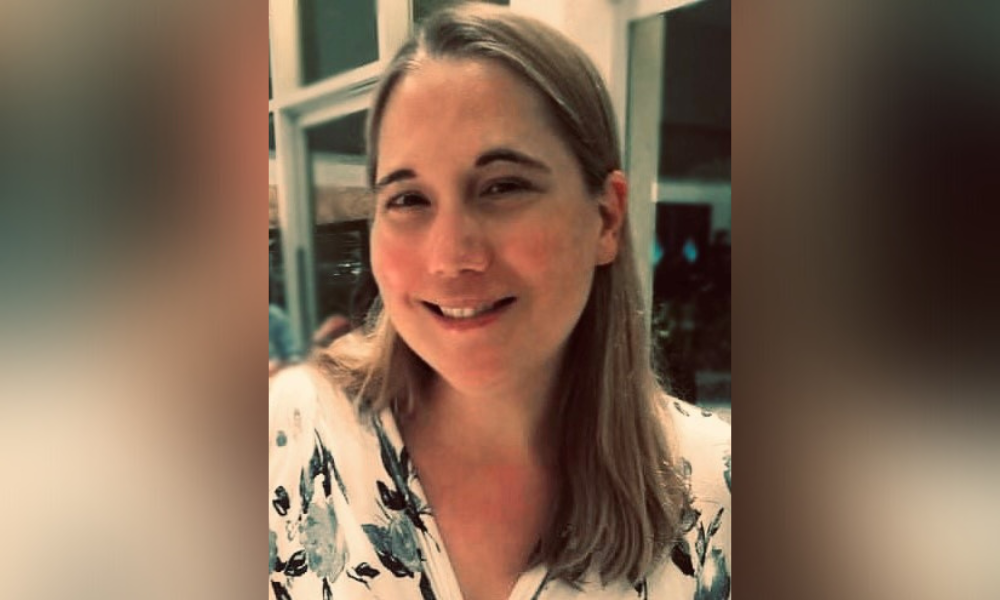Sonia Grenier of Marriott Hotels to speak at upcoming wellbeing summit

When organizations are looking to create a wellbeing program, it’s key to remember that others may have already done similar things, says an HR expert.
“Don’t reinvent the wheel. There are companies out there that you can leverage, that you can use. It’s a good time to utilize companies that already have the resources and the specialty and the knowledge,” says Sonia Grenier, assistant general manager and HR diversity and inclusion chair at Marriott Hotels in Montreal.
Grenier will be speaking on a panel, entitled “Developing a holistic wellbeing strategy,” during the upcoming HRD Wellbeing Summit Canada, taking place at the Old Mill Toronto hotel on March 1.
In talking to Canadian HR Reporter, Grenier talked about the importance of good physical and mental health for employees in the hospitality industry — especially given the tough times over the past few years due to COVID.
“If someone is not in a good place mentally, they will not be able to do the work. I have seen employees having stomach aches or being tired or losing patience with the guests and it all has to do with their mental state,” says Grenier.
“You need to have your headspace at the right place if you want to work in customer service.”
Role for HR
For HR, having all the right benefit offerings on hand when it comes to wellbeing won’t do any good unless employees know about them, she says.
“There’s a lot of resources, especially in a big corporation like Marriott, but the employees don’t always know they exist. What HR can do is provide the information and not just tell them ‘This is available to you.’ [We have] to explain to them the benefits and what [they] can offer them, meet with them and sit down and then give them the information,” says Grenier.
“Building trust and authenticity” is one of the best ways to approach a successful wellness strategy rollout, says another expert who will also be speaking at the HRD summit.
When workers at the Montreal Marriott location recently began experiencing chronic back issues, it was the HR department who stepped in and found a way to accommodate these new needs, she says.
“Even though it’s the front desk, we actually bought chairs for those employees that they can sit when there’s no guests; they can sit on it and continue working, and they can adjust it to make sure that they can continue to work and not feel pain.”
This is an example of the power of probing conversations to come up with a viable solution for the workforce, says Grenier.
“I think the most important part is to ask questions because sometimes we have a tendency to want to find a solution without really knowing if it’s going to make a difference, but we need to adapt to that person by really understanding what the chronic problem is, and what we can do to help.”
Be sure to register today for the upcoming HRD Wellbeing Summit Canada.




